Public Holidays in Germany – From 01 to 12
2023-09-05

In Germany, public holidays are more than just a day off work; they are deeply rooted in the country’s history, culture, and traditions. From festive celebrations to solemn observances, these holidays offer a fascinating glimpse into the heart of Germany. In this article, we’ll take you on a journey through the various public holidays in Germany, highlighting their significance and customs. So, let’s dive in and discover how Germans mark these special days.
Understanding the Basics: What Are Public Holidays?
Before we delve into the specifics of Germany’s public holidays, let’s clarify what public holidays are. Public holidays, also known as legal holidays or statutory holidays, are days when the government declares a break from work for citizens. These days are usually observed to commemorate historical events, religious significance, or cultural traditions.
The Importance of Public Holidays
Public holidays play a crucial role in any society. They provide individuals with a well-deserved break, allowing them to relax and spend quality time with family and friends. Additionally, these holidays foster a sense of unity and identity among the citizens, as they come together to celebrate shared values and traditions.
Germany’s Unique Blend of Public Holidays
New Year’s Day (Neujahrstag)
Germany kicks off the year with a bang on New Year’s Day. It’s a time for lively parties, fireworks, and making resolutions for the year ahead. Many Germans enjoy a traditional meal of sauerkraut and pork, symbolizing good luck and prosperity.
Easter (Ostern)
Easter is a significant Christian holiday celebrated with religious fervor in Germany. It marks the resurrection of Jesus Christ and is accompanied by various customs such as Easter egg hunts and the decorating of Easter trees.
International Workers’ Day (Tag der Arbeit)
May 1st is dedicated to celebrating the labor movement. Germans take to the streets for parades and demonstrations, advocating for workers’ rights. It’s a day to recognize the contributions of the working class to society.
German Unity Day (Tag der Deutschen Einheit)
This is a historic day in Germany, commemorating the reunification of East and West Germany in 1990. Celebrated on October 3rd, it’s a day of national pride and unity, with concerts, fireworks, and cultural events.
Christmas (Weihnachten)
Christmas in Germany is truly magical. The festive season begins with Advent, and Christmas markets pop up all over the country. Germans exchange gifts on December 24th, and the day is marked by attending church services and enjoying a hearty feast.
Oktoberfest
While not an official holiday, Oktoberfest is a world-famous event celebrated in Munich and other parts of Germany. This beer festival attracts millions of visitors from around the globe who indulge in traditional Bavarian food, music, and, of course, beer.
A Glimpse into German Holiday Traditions
The Advent Calendar (Adventskalender)
During the Advent season, children in Germany eagerly await the opening of their Advent calendars. These calendars contain 24 doors, each revealing a small treat, helping to count down the days until Christmas.
St. Martin’s Day (Martinstag)
St. Martin’s Day on November 11th is celebrated with lantern processions, symbolizing the light in the darkness of winter. Children walk through the streets carrying colorful lanterns and singing songs.
Carnival (Karneval)
Carnival, celebrated mainly in the Rhineland region, is a time of colorful parades, costumes, and festivities. It’s a period of merriment before the somber season of Lent begins.
Silvester
Silvester, or New Year’s Eve, is a night of joyous celebrations. Fireworks light up the sky as Germans gather with friends and family to welcome the new year.
Conclusion
Germany’s public holidays are a blend of tradition, history, and celebration. They provide insight into the nation’s cultural richness and the importance of taking a break to commemorate various aspects of life. Whether you’re enjoying the vibrant festivities of Oktoberfest or reflecting on the significance of German Unity Day, these holidays are an integral part of the country’s identity.
Frequently Asked Questions (FAQs)
How many public holidays does Germany have?
Germany has a total of 9-13 public holidays, depending on the federal state, with some unique regional holidays.
Are all public holidays in Germany non-working days?
Yes, public holidays in Germany are typically non-working days, meaning businesses, schools, and government offices are closed.
What is the significance of St. Martin’s Day in Germany?
St. Martin’s Day celebrates the legend of St. Martin, who shared his cloak with a beggar. It symbolizes generosity and kindness.
Is Oktoberfest a public holiday in Germany?
No, Oktoberfest is not a public holiday but a famous cultural festival celebrated in Bavaria.
How do Germans typically celebrate Christmas?
Germans celebrate Christmas with traditions like decorating Christmas trees, exchanging gifts, and attending church services.
Share
Tag
Related Blog
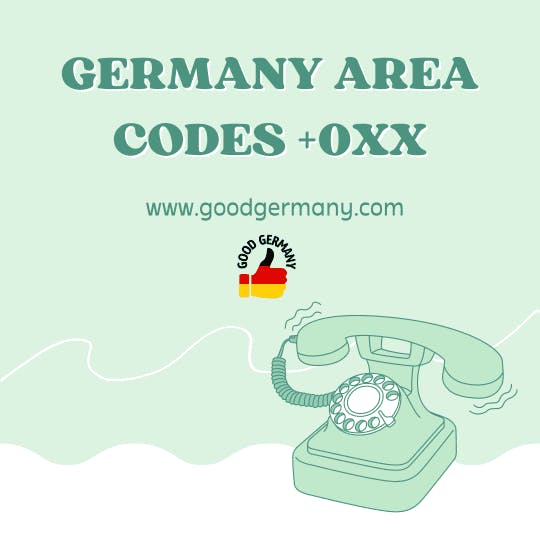
Germany Area Codes(Number) +0XX
2023-09-06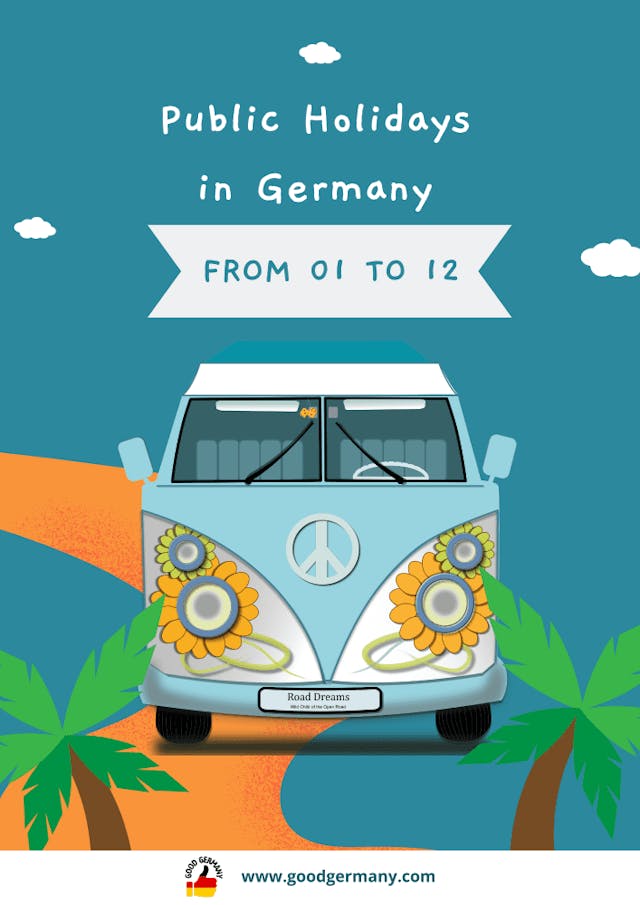
Public Holidays in Germany – From 01 to 12
2023-09-05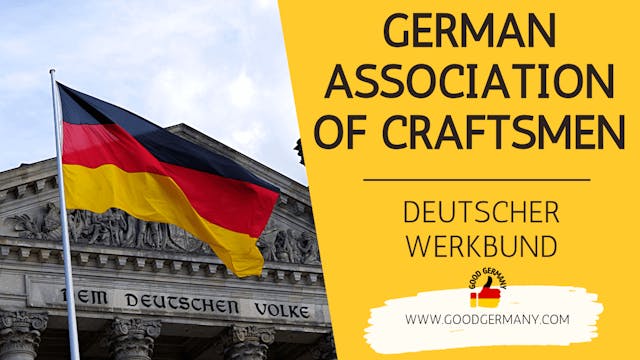
German Association of Craftsmen(Deutscher Werkbund) in 1907
2023-09-28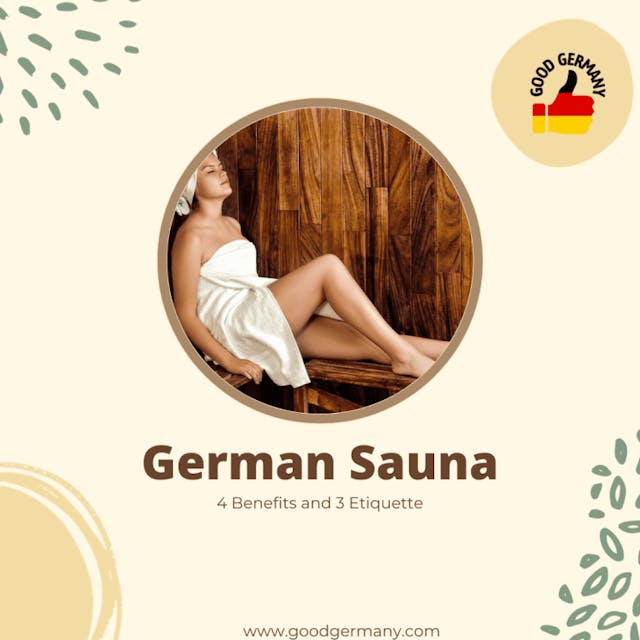
German sauna (nude) – 4 Benefits and 3 Etiquette
2023-09-22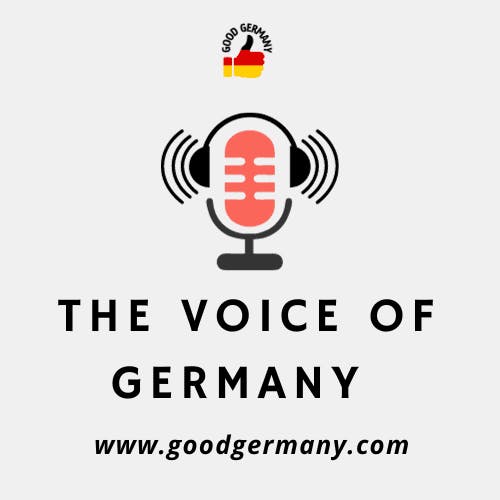
The Voice of Germany 2023: New Coaches and Exciting Changes
2023-09-19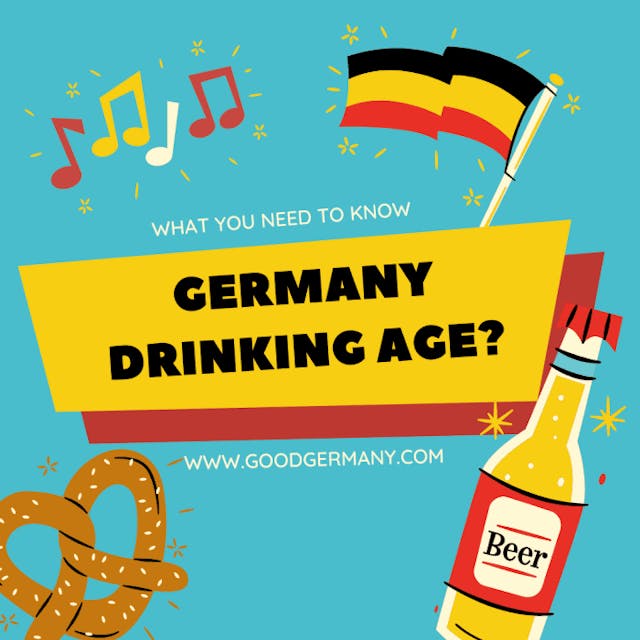
Germany Drinking Age: 16 or 18?
2023-09-11
Celebrating Teachers’ Day in Germany: A Tribute to Educators
2023-09-05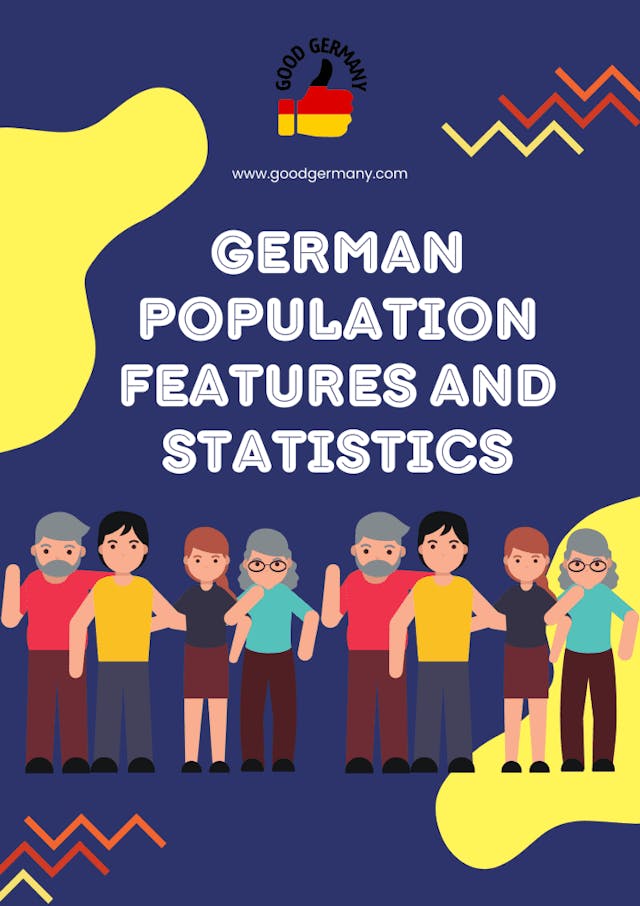
German Population Features and Statistics
2023-09-01
German Music Artists: Top 3 in each Genre
2023-10-21